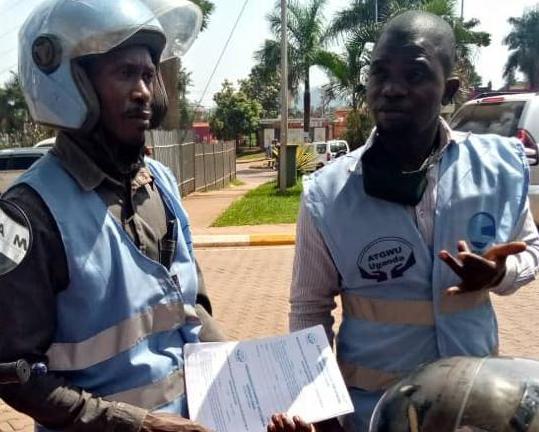A trade union guide to worker-led formalisation
RESPONSE OF INTERNATIONAL FINANCE INSTITUTIONS INCREASED LENDING While rich countries are spending unprecedented amounts of money on measures to protect worker incomes and support their economies, many countries in the global South are constrained by their relative lack of financial resources. Institutions like the World Bank and IMF have increased financing available to countries facing Covid-19. In March 2020 the World Bank Group announced a USD14 billion package of fasttrack financing to help countries and companies respond to the crisis, along with USD160 billion to be committed over the next 15 months. The IMF has increased its lending and loosened restrictions on its country borrowing limit. While money is urgently needed, it cannot be forgotten that many of the factors that have made countries so vulnerable to the pandemic, including woefully underfunded health systems and a general lack of social protection, are at least partially the result of neoliberal policy reforms forced on countries over the last several decades by the World Bank and the IMF themselves, as well as the crippling debts owed by poor countries to international creditors.
‘BUILDING BACK BETTER’? Like many others, the World Bank claims to be ‘building back better’ after the pandemic. Yet rather than supporting public sector responses to the crisis, most of the World Bank’s emergency response package is being allocated to the private sector and around 50 percent of beneficiary companies ‘are either majority owned by multinational companies or are themselves international conglomerates’8. Analysis of IMF and World Bank lending during the Covid-19 crisis demonstrates a continued commitment to tried and failed policies of austerity and privatisation, both of which have historically undermined workers’ livelihoods and gender equality. Along with the other global unions, the ITF has called for a radical overhaul of IFI lending and urged the IMF and the World Bank to ‘support recovery through public investment for quality jobs, not more harmful austerity’.
The emergency support from the international financial institutions (IFIs) has been important in addressing health needs, massive job loss, and rising poverty. However, it is alarming that for the medium term, the International Monetary Fund (IMF) is advising the same austerity policies that created many of the vulnerabilities exacerbated by the pandemic.’
The World Bank has also historically been an opponent of public investment in urban transport and an advocate of informal transport provision – despite its associated poor and dangerous working conditions – until it switched its allegiance to privatised infrastructure projects like BRT in the early 2000s.
ITUC. 2020. Statement by Global Unions to the Annual Meetings of the IMF and World Bank
8
See Dimakou et al. 2020.
10







